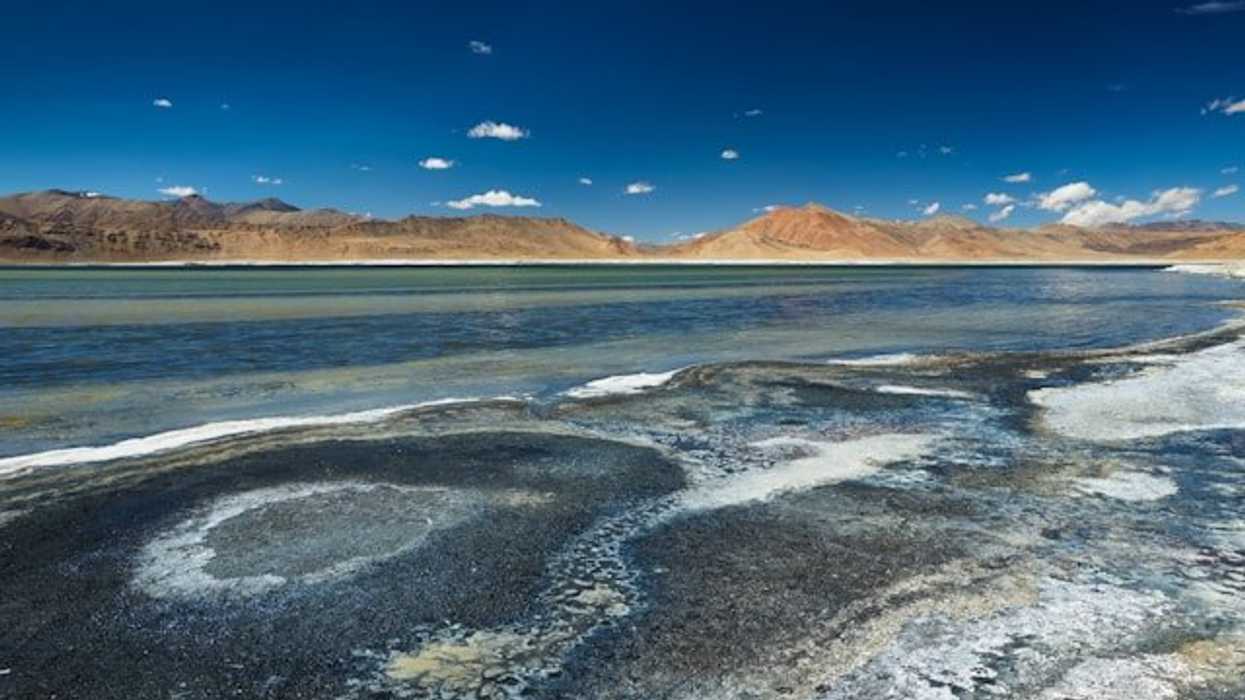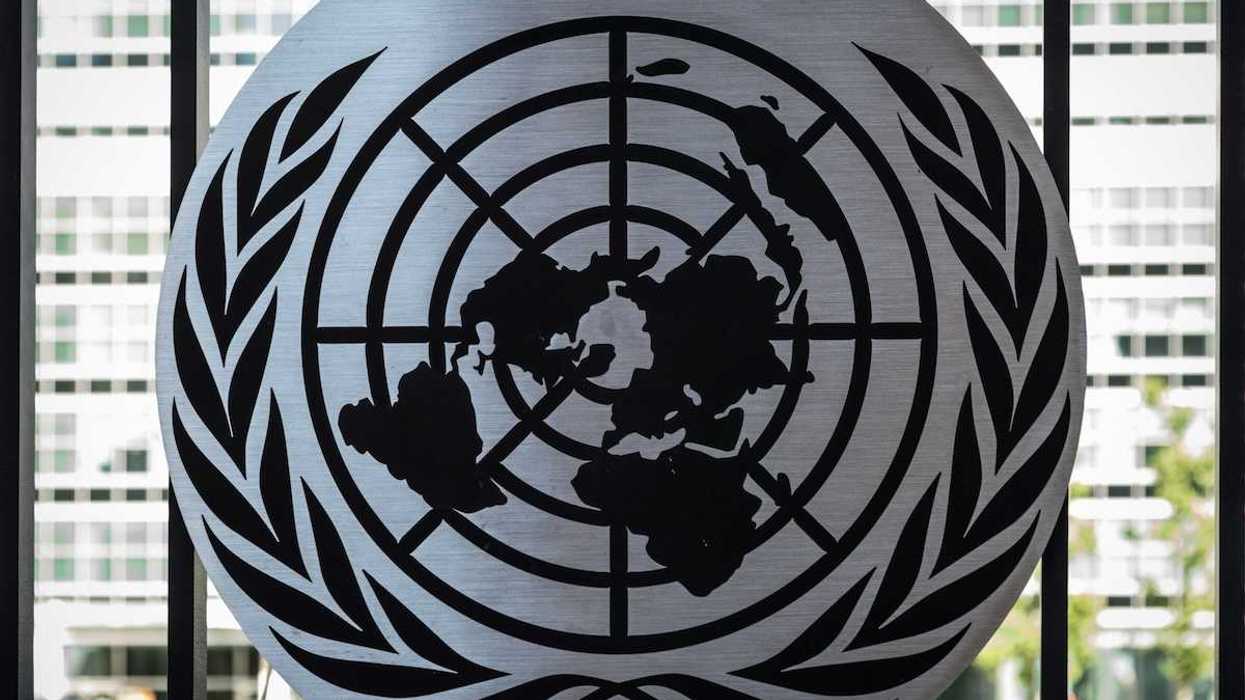Corals in the Caribbean struggle to recover months after a severe marine heatwave caused widespread bleaching and death, posing a threat to the region's biodiversity.
Lisa S. Gardiner reports for Hakai Magazine.
In short:
- During the record-breaking summer heat of 2023, the Caribbean corals experienced severe bleaching due to prolonged and intense marine heatwaves.
- Some corals are beginning to show signs of recovery, with patches of color returning, yet many remain bleached, indicating ongoing stress and potential long-term damage.
- Despite significant losses, certain areas like Mexico’s Limones Reef and parts of The Bahamas reported higher survival rates, suggesting localized factors or coral resilience.
Key quote:
"There are some corals that have energy and are resistant. We need to keep working for them."
— Valeria Pizarro, marine biologist at the Perry Institute for Marine Science
Why this matters:
Coral reefs are among the most biologically diverse ecosystems on the planet, providing habitat, breeding, and nursery grounds for numerous marine species. The loss of coral through bleaching can lead to declines in reef fish populations, changes in species composition, and the loss of biodiversity. This disrupts the balance of the marine ecosystem, affecting predator-prey relationships and the health of the reef system as a whole.
As warming waters and acidification threaten corals around the world, scientists are gathering clues to save the charismatic colonies and bolster biodiversity.














